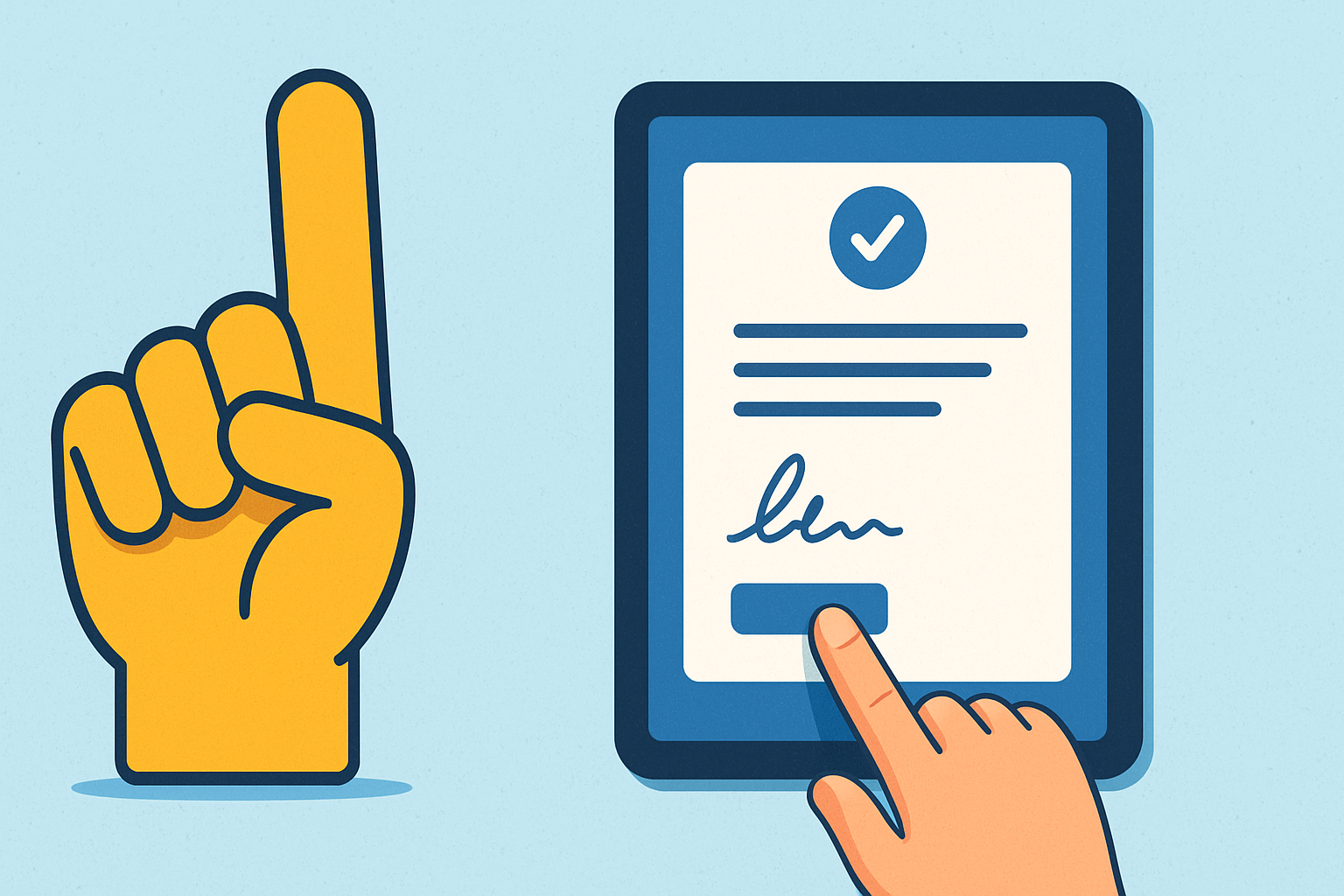Student loan lawyers can help borrowers understand their rights and options. The cost of hiring a student loan lawyer typically ranges from $100 to $350 per hour, depending on their experience and the complexity of the case. Some lawyers may offer flat fees for specific services, making it easier to budget for legal help.
When dealing with student loans, many people feel overwhelmed. Finding the right lawyer can ease this stress and provide valuable insights into navigating the legal system. Understanding the costs involved is the first step in making an informed decision about hiring a lawyer.
It’s essential to weigh the potential benefits against the expenses. Investing in a knowledgeable attorney may save money in the long run by helping to negotiate better repayment terms or manage loan forgiveness options effectively.

What Is a Student Loan Lawyer?
A student loan lawyer specializes in helping people with student loan issues. These lawyers understand the laws and rules about student loans. They offer guidance on various matters related to student debt.
They can help with:
- Loan Forgiveness Programs: Assisting clients in applying for programs that cancel or reduce debt.
- Repayment Plans: Helping clients choose the best repayment options based on their financial situation.
- Disputing Errors: Addressing mistakes in loan servicing or incorrect information reported to credit bureaus.
Student loan lawyers can represent clients in court. They provide support in cases of default or collections. Their expertise can be crucial for resolving serious loan issues.
Some lawyers focus on federal loans, while others may handle private loans. It’s important for clients to choose a lawyer with the right experience for their specific situation.
The cost of hiring a student loan lawyer can vary. Factors that affect the cost include the lawyer’s experience and the complexity of the case. Many offer initial consultations for free or at a low rate.
In certain cases, lawyers may charge a flat fee or hourly rate. Understanding these costs can help clients decide if hiring a lawyer is the right choice for them.
Determining the Need for a Student Loan Lawyer
A student loan lawyer can help in various situations. It is essential to know when to seek their assistance. Here are some key factors to consider:
- Complexity of the Case: If someone has multiple loans or different types, it might be helpful to get legal advice.
- Default Status: If a person is in default on their loans, a FINRA Attorney can help explore options for repayment or forgiveness.
- Disputes with Loan Servicers: If there are disagreements with servicers about loan terms or payments, legal support can provide clarity.
- Seeking Forgiveness Programs: Understanding eligibility requirements for forgiveness programs can be challenging. A lawyer can navigate these rules effectively.
- Debt Collection Issues: If a person faces harassment from debt collectors, legal help might be necessary to protect their rights.
Assessing Financial Situation
Before hiring a lawyer, it’s important to assess the financial situation. Here are questions to ask:
- Can I afford the lawyer’s fees?
- Will legal support provide a clear financial benefit?
By weighing these factors, a person can make an informed decision about hiring a student loan lawyer.
Average Cost of a Student Loan Lawyer
Students often seek help from lawyers to deal with their loans. The cost of hiring a lawyer can vary based on several factors. Understanding these can help students make informed choices when seeking legal assistance.
Consultation Fees
Most student loan lawyers charge a consultation fee for the initial meeting. This fee typically ranges from $100 to $300. During this meeting, the lawyer assesses the borrower’s situation and provides advice on available options.
Some lawyers offer free consultations. This approach can help students find the right fit without extra expenses. It’s important to ask about fees upfront to avoid surprises.
Hourly Rates
Hourly rates for student loan lawyers can vary widely. Generally, these rates range from $150 to $400 per hour. The exact rate often depends on the lawyer’s experience and location.
Younger lawyers or those in less expensive markets may charge lower rates. In contrast, attorneys with more experience or those in major cities may charge more. It is wise to discuss hourly rates during the consultation, as factors like attorney website cost can also influence overall expenses.
Case Complexity and Duration
The complexity of a case impacts how much time a lawyer will spend on it. Simple cases may take a few hours, while complex cases could take weeks or months.
In complicated situations, the total cost can increase significantly. For example, a case that requires extensive negotiation or litigation will cost more than a simple consultation. Students should provide as much information as possible to the lawyer to get a clearer cost estimate.
Contingency Fees
Some student loan lawyers work on a contingency fee basis. This means they only get paid if the student wins the case or gets a favorable settlement. Typical contingency fees range from 20% to 40% of the amount saved or awarded.
This model can be beneficial for students unsure about upfront costs. Students should clarify how the contingency fee works before hiring an attorney.
Flat Fees
Some attorneys charge a flat fee for specific services, such as loan repayment plans or bankruptcy filings. Flat fees can range from $500 to $3,000 depending on the service.
This option can provide clarity on costs, making budgeting easier. Students should inquire about what is included in the flat fee and if there could be any additional charges. It’s important to compare flat fees with other pricing models to determine the best option.
Factors Affecting Student Loan Lawyer Costs
Several factors play a key role in determining the costs associated with hiring a student loan lawyer. Understanding these aspects can help students make better decisions about legal representation.
Geographical Location
The cost of hiring a lawyer can vary significantly based on where they practice. In urban areas with higher living costs, such as New York City or Los Angeles, fees are typically higher. This is due to increased demand and the cost of running a business in these locations.
In contrast, rural areas may have lower fees. Lawyers in these regions often have less overhead. Students should research local rates and consider these differences when selecting a lawyer.
Lawyer’s Experience and Reputation
A lawyer’s experience and reputation can greatly influence their fees. More experienced lawyers often charge higher rates. They bring valuable knowledge and skills gained over years of practice, particularly with student loan cases.
Reputation also plays a big role. Lawyers known for successful outcomes may command higher fees. Clients often perceive these lawyers as worth the extra cost due to their track record. It’s important for students to balance experience with their budget.
Type of Legal Work Required
The specific legal work needed affects the lawyer’s cost. Basic consultations may cost less than full representation. If a lawyer needs to negotiate for loan forgiveness or defend against claims, the costs can be higher.
Additional services, such as filing paperwork or attending court hearings, will also impact fees. Students should clarify what services are included when discussing costs. This ensures a full understanding of potential expenses.
Cost Comparison with Debt Relief Services
When comparing costs, student loan lawyers and debt relief services have different pricing structures. Understanding these differences is essential for making an informed decision.
Student Loan Lawyer Costs:
- Hourly Rates: Many lawyers charge between $200 to $500 per hour.
- Flat Fees: Some may have a flat fee, often ranging from $1,000 to $3,000 for full services.
Debt Relief Services Costs:
- Monthly Fees: Debt relief companies typically charge a monthly fee, from $50 to $150.
- Percentage of Debt: Some take a percentage of the debt reduced, often 15% to 25%.
Key Differences:
- Services Offered: Lawyers may provide more comprehensive legal advice. Debt relief services focus on negotiation.
- Payment Structure: Legal fees may be higher upfront. Debt relief services might seem cheaper but can accumulate over time.
Here’s a quick look at the costs:
| Service Type | Cost Range |
|---|---|
| Student Loan Lawyer | $200-$500 per hour |
| $1,000-$3,000 flat fee | |
| Debt Relief Service | $50-$150 monthly fee |
| 15%-25% of debt reduced |
A person should consider their specific needs and budget when choosing between these options.
Additional Costs to Consider
When hiring a student loan lawyer, it’s important to think about costs beyond their fees. Additional expenses can influence the total amount a person spends to seek legal help. The following areas are significant to keep in mind: court filing fees, document preparation fees, and possible litigation costs.
Court Filing Fees
Court filing fees are charges required when submitting documents to the court. These fees can vary widely based on the location and type of case. Typically, they range from $100 to $500.
It’s essential to check the specific fees for the jurisdiction where the lawyer will file the case. In some cases, these fees might be waived, but that often requires proof of financial hardship or other qualifying factors.
Many lawyers will inform clients about these costs upfront. Clients should ensure they understand what they are paying before moving forward with any legal action.
Document Preparation Fees
Document preparation fees cover the costs of creating necessary legal documents. This can include forms, petitions, or contracts that the lawyer will file on the client’s behalf.
These fees may be charged separately, depending on the lawyer’s pricing structure. In general, they can cost between $50 to $300.
It’s important for clients to ask their lawyer about these fees before starting. Knowing what documents are needed and the associated costs can help in budgeting for the legal process.
Possible Litigation Costs
Litigation costs can arise if the case goes to court. These costs may include expert witness fees, trial preparation expenses, and other unexpected charges.
They can add up quickly, often reaching thousands of dollars, depending on the complexity of the case. Clients should ask their lawyer for an estimate of potential litigation costs at the start.
Being aware of these potential expenses helps clients make informed decisions about their legal options. Understanding all possible costs can lead to better financial planning throughout the process.
When to Invest in a Student Loan Lawyer
Many people wonder when hiring a student loan lawyer is the right choice. Here are some situations to consider:
- Facing Default: If someone is about to go into default on their loans, a lawyer can help. They can provide advice on options to avoid default.
- Complex Cases: If a borrower has multiple types of loans or complicated financial situations, seeking a lawyer’s help is useful. They can navigate different loan terms and repayment plans.
- Disputes with Lenders: When disagreements arise with lenders, a lawyer can assist in resolving those issues. This includes problems with repayments or denial of loan forgiveness.
- Applying for Forgiveness: For those eligible for student loan forgiveness, a lawyer can help with the application process. This ensures all documents are correct and submitted on time.
- Legal Representation: If a borrower faces a lawsuit from a loan servicer, having a lawyer is crucial. They provide legal support to defend the borrower’s rights.
Investing in a student loan lawyer can be helpful in these situations. Before hiring, it is important to assess personal financial circumstances and the complexity of the loan.
Evaluating the Return on Investment
When someone considers hiring a student loan lawyer, it’s important to analyze the costs against potential benefits. Finding the right balance can lead to significant savings.
Factors to Consider:
- Lawyer Fees: Student loan lawyers typically charge between $100 to $400 per hour. Some may offer flat fees depending on the services required.
- Time Saved: A lawyer can navigate complex processes faster. This often means less time spent dealing with loan issues.
- Potential Savings: A good lawyer might help reduce monthly payments or eliminate loans. This can lead to long-term financial relief.
- Emotional Relief: Dealing with loans can be stressful. Hiring a lawyer can reduce anxiety by providing expert guidance.
Cost-Benefit Analysis:
| Cost | Benefit |
|---|---|
| Lawyer fees | Possible loan forgiveness |
| Time committed | Reduced stress |
| Legal advice | Better repayment plans |
Evaluating the return on investment involves looking at both tangible and intangible benefits. A careful analysis can justify the costs and lead to better financial decisions.
Finding an Affordable Student Loan Lawyer
Finding an affordable student loan lawyer is important. Many people face high costs, but there are ways to find help without breaking the bank.
1. Research Options
Start by searching online for local lawyers who specialize in student loans. Many websites provide reviews and ratings, which can help find quality representation at reasonable prices.
2. Compare Fees
Most lawyers charge different fees. They may charge hourly rates or a flat fee for their services. Here is a simple comparison:
| Fee Type | Description |
|---|---|
| Hourly Rate | Pay for the time the lawyer works. |
| Flat Fee | Pay a set amount for specific services. |
3. Ask About Discounts
Some lawyers offer discounts for students or offer sliding scale fees based on income. It is always best to ask what options are available.
4. Check Non-Profit Organizations
Look into non-profit groups that offer legal help. They often provide services at a lower cost or even for free.
5. Free Consultations
Many lawyers provide free consultations. This allows individuals to discuss their case and the costs. It helps to gather information without immediate financial pressure.
By following these steps, individuals can find a student loan lawyer that fits their budget. Making informed choices is key to managing legal costs.
Frequently Asked Questions
Understanding the costs associated with hiring a student loan lawyer can help in making an informed decision. Below are common queries about fees, negotiation processes, and alternatives to legal help.
What are typical fees for student loan legal services?
Fees for hiring a student loan lawyer can vary widely. Some lawyers charge hourly rates ranging from $100 to $500. Others may offer flat fees for specific services, which can range from $500 to several thousand dollars, depending on the complexity of the case.
Can a lawyer negotiate my student debt and what are the potential costs?
Yes, a lawyer can negotiate student debt. The costs for this service may vary based on the lawyer’s experience and the amount of debt. Typically, clients can expect to pay between $1,000 and $3,000 for negotiation services, depending on the specifics of their situation.
What should I expect to pay for a consultation with a student loan attorney?
Consultation fees can vary as well. Some attorneys offer free consultations, while others charge between $50 and $250 for the initial meeting. It’s important to ask about fees upfront.
Are there any cost-effective alternatives to hiring a student loan lawyer?
Yes, there are alternatives. Non-profit organizations often provide free or low-cost assistance. Additionally, online resources and forums can provide valuable information without the need for a lawyer.
How do the costs of a federal student loan attorney compare to a private student loan lawyer?
Federal student loan attorneys generally charge lower fees than those who handle private loans. This is because federal loan issues often have more established processes and can be less complex than private loan problems.
Is it possible to find pro bono legal assistance for student loan issues, and if so, what limitations exist?
Yes, pro bono legal assistance may be available. Many legal aid organizations offer this service. Limitations can include income thresholds and the type of student loan issues that can be addressed. It’s important to check with local resources for eligibility.
Read more article:
How To Keep Your Student Loan Under Control
What Are The Things Which You Should Know About Personal Loans











